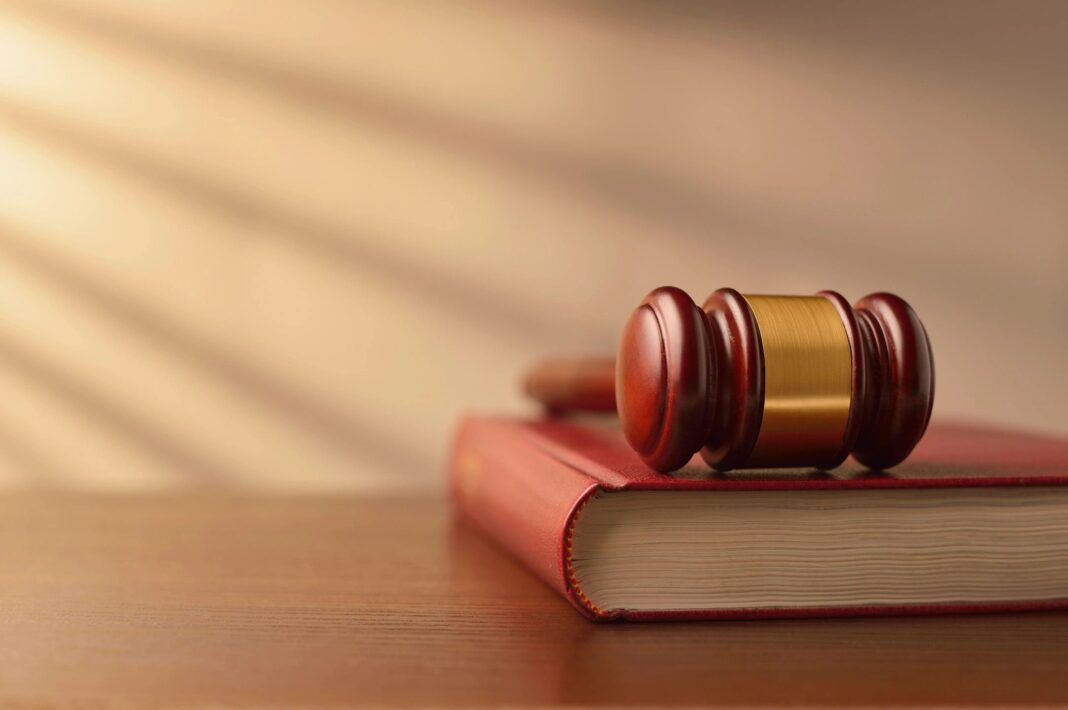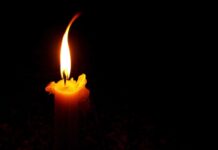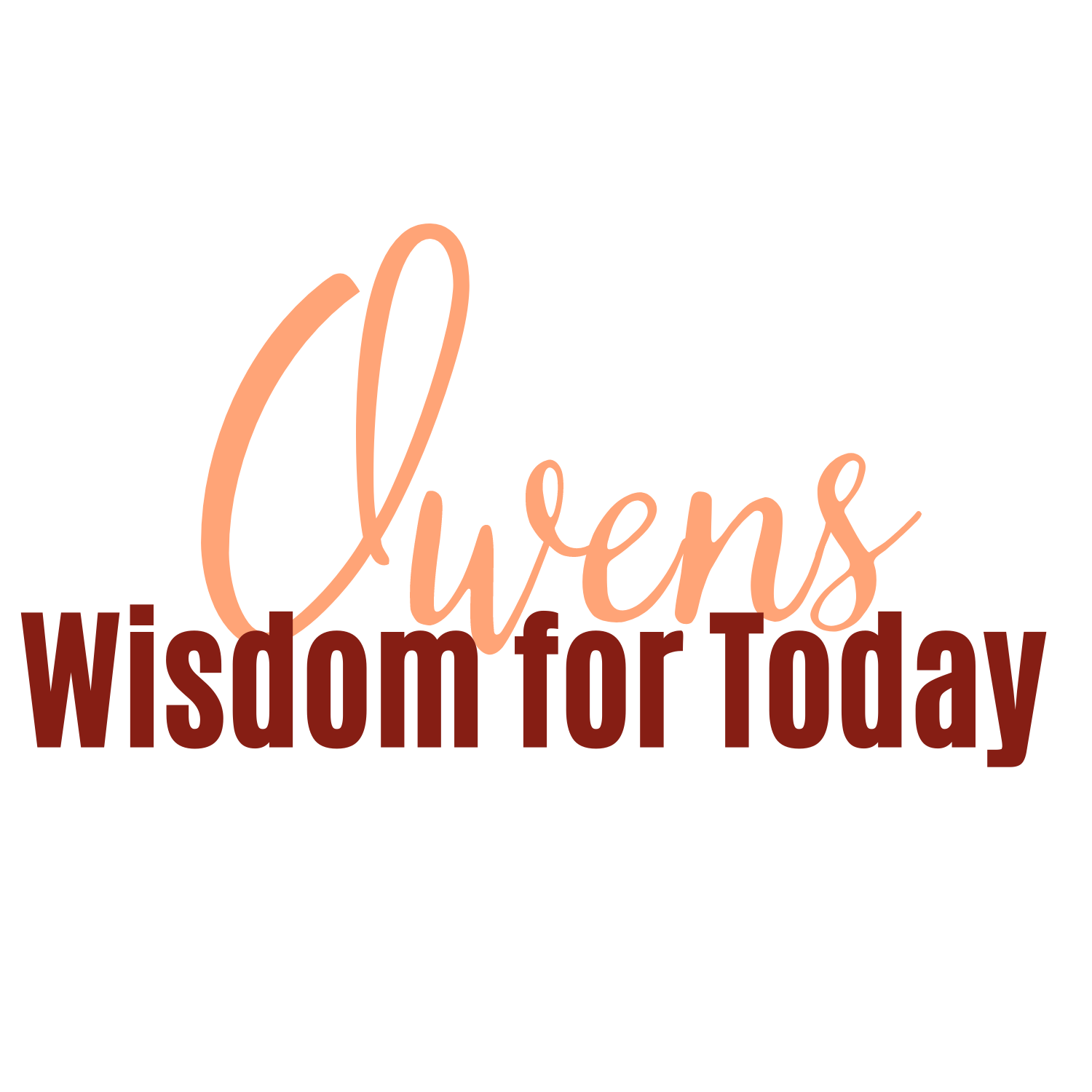This year posed a profound question for our culture about how far we had gone down the path of total secularism and materialism. As the pandemic and lockdown closed all “non-essential” businesses, churches were among the groups that were heavily targeted by certain state governors.
In some places, even when other stores and businesses were allowed to re-open and serve their customers, churches were still forced to severely limit the number of people who could attend services, receive sacraments, and worship. Desperate to minister to their congregation, pastors tried everything from drive-in services to outdoor worship.
You couldn’t help but wonder how fair the situation was. In places like New York City, it was possible to go to a coffee shop, buy alcohol, get your bike repaired, and go grocery shopping. But church services (even in large venues that could safely fit hundreds of people – even with social distancing) were more severely restricted.
When those same churches tried to sue for their First Amendment rights, they were often frustrated by the legal machinations of politicians who would lift the restrictions (making their case moot), then restore the restrictions a few weeks or months later.
This is the kind of unequal treatment that the Constitution was designed to prevent.
Finally, however, we have a court decision that makes a firm statement about the importance of religious freedom – even in an emergency like a pandemic.
The Catholic Diocese of Brooklyn (along with a group of Jewish synagogues in New York) sued New York Governor Andrew Cuomo for his unfair restrictions on places of worship.
Just before Thanksgiving, the U.S. Supreme Court issued an injunction against the Governor’s restrictions, indicating that they thought the churches and synagogues would win their case.
This week, that’s exactly what happened. The Second Circuit Court of Appeals decided in favor of the Diocese and synagogues, ruling that their Free Exercise right had been violated by the governor’s orders. In other words, governors cannot subject places of worship to stricter restrictions than other “essential” businesses.
This is an important victory for religious freedom. The courts have ruled against the double standard being applied to religious practice during the pandemic. (How shocking that politicians would attempt to restrict people’s access to religion at a time when they need it more than ever.)
The fact that it took a court decision to protect our fundamental rights tells its own tale. Unfortunately, there was not enough political pressure in these states to discourage local governors from targeting churches for unequal treatment. It’s a reminder that we have a lot of work ahead of us.
This decision is a reason for celebration, but the battle is far from over. CAAP is getting ready for the next big challenge. Will you be there with us?







